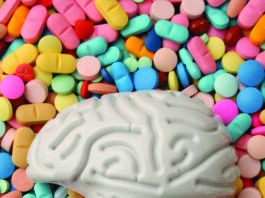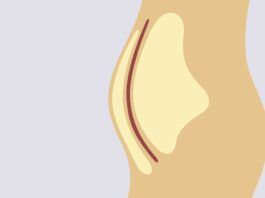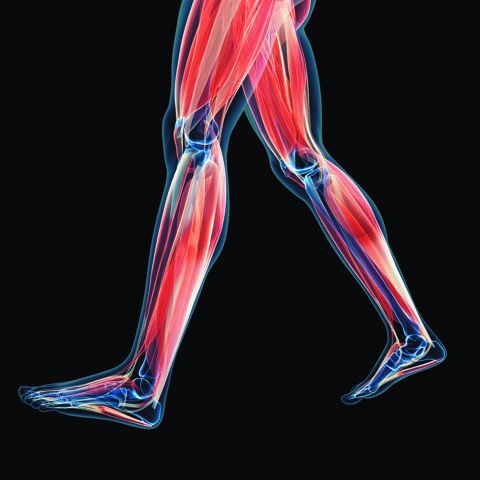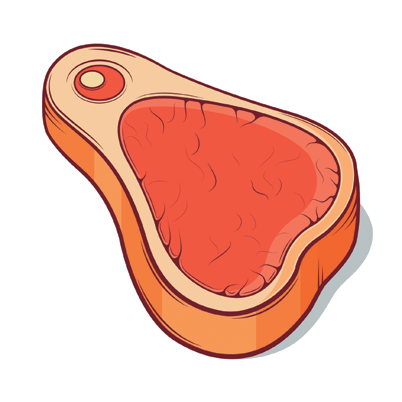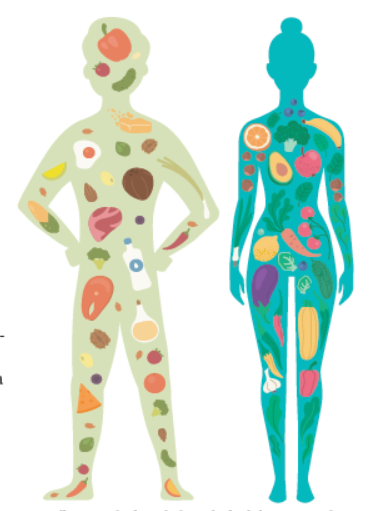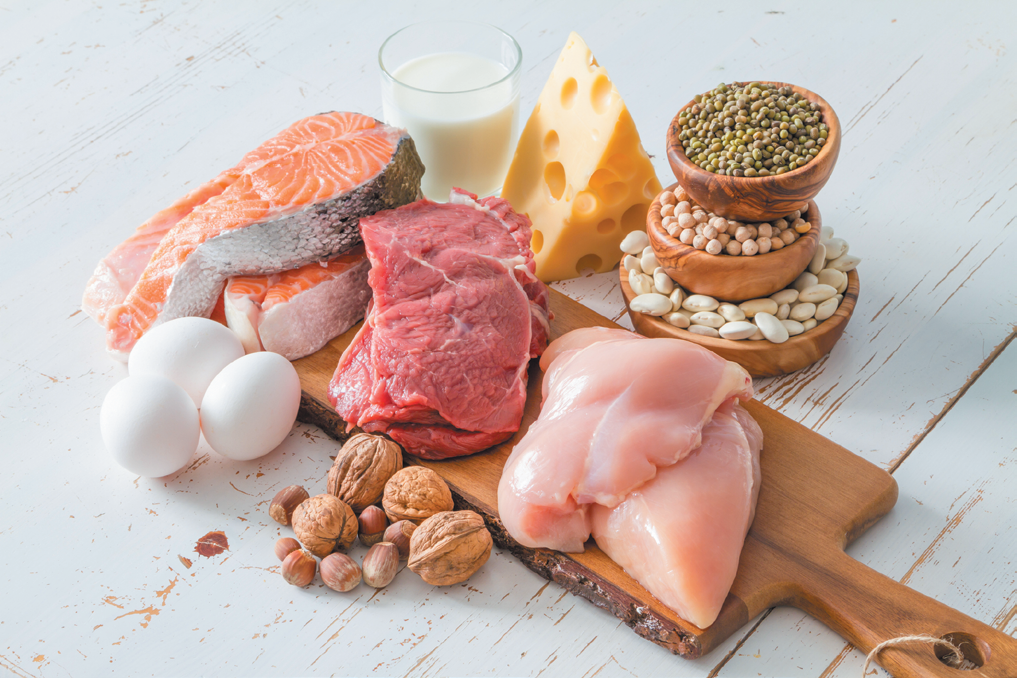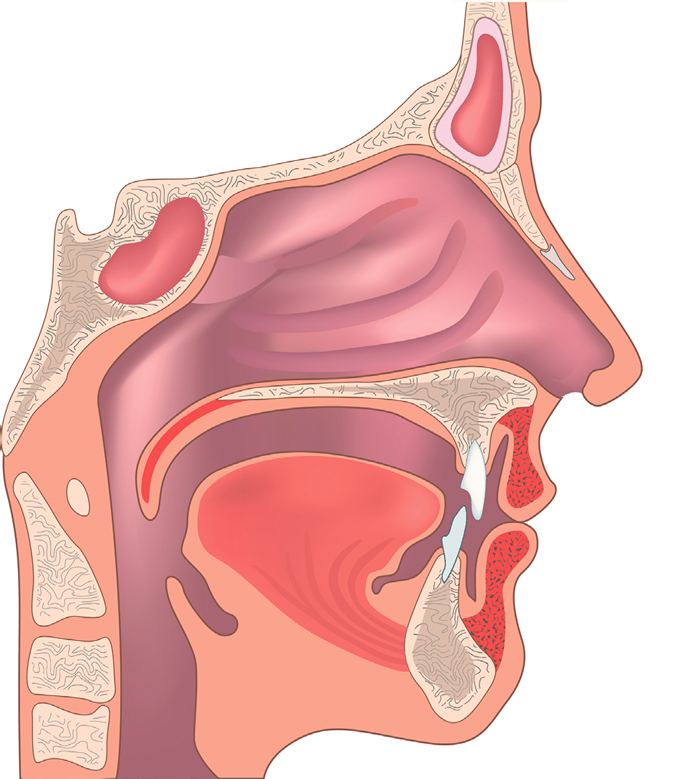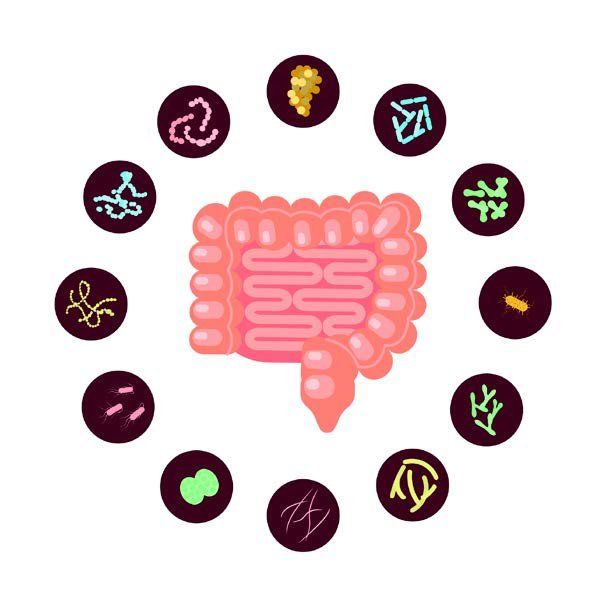The Health Benefits of Strength Training
While aerobic activities like walking, jogging, gardening, swimming, and playing tennis or pickleball are an important part of a healthy lifestyle, there are many...
News Bites May 2022
Walking Can Preserve Women’s Muscle with Age, No Extra Protein Needed
A trial that asked if milk was better at helping build muscle than a...
Five Servings of Fruits and Vegetables a Day Associated with Longer Life
In an attempt to identify the optimal intake of fruits and vegetables associated with maintaining long-term health, researchers collected information on the typical dietary...
Extra Protein from Red Meat May Not Help Middle-Aged Adults Build Strength
A recently published randomized controlled trial found that high protein intake from lean beef, compared with moderate intake, did not help middle-aged adults get...
Food for Healthy Skin
We all want smooth, healthy skin. There is a huge market for skincare products, but the best way to care for our largest organ...
Protein for Better Aging
Sarcopenia, the gradual loss of muscle mass that can occur with aging, affects 15 percent of people over age 65, and 50 percent of...
Middle-aged Muscle Mass Associated with Future CVD Risk in Men
A recent study published in the Journal of Epidemiology and Community Health found an association between muscle mass in healthy men and 10-year risk of fatal or non-fatal heart attack or stroke. Men with the highest levels of lean muscle at the start of the study period had an 81 percent lower risk of having a heart attack or stroke in the next 10 years then those with the lowest levels.
Who Should Follow a Gluten-Free Diet?
There is lot of advice floating around these days about how to avoid gluten, but very little about how to tell if a gluten-free diet is the right choice for you.
Dealing with Changes in Taste and Odor Perception
Part of eating well is enjoying our food. Changes in the ability to taste and smell can interfere with that joy. Unfortunately, these two senses often diminish with age, which can harm our choices of foods, along with our enjoyment. Acknowledging and addressing changes to taste and smell can help bring pleasure back to the plate.
Could Healthy Gut Microbes Help Preserve Muscle as We Age?
As we age, the strength and size of our muscles tend to decrease. This loss of muscle mass and function, called sarcopenia, is associated with decreased independence and reduced quality of life. Staying active (and purposefully incorporating muscle-strengthening exercises) is essential, but emerging data suggest that nourishing our gut microbes could be important as well.

























